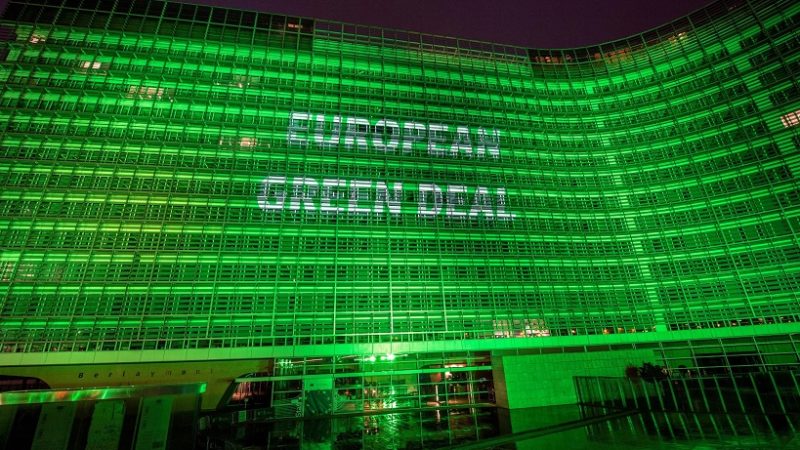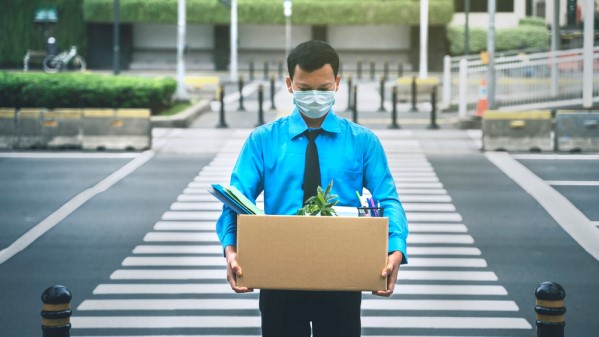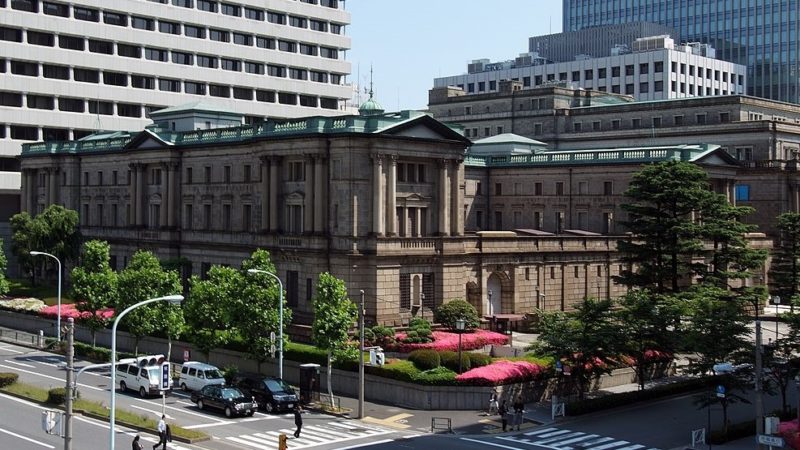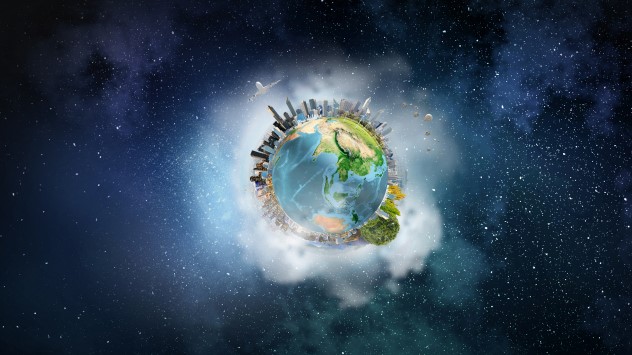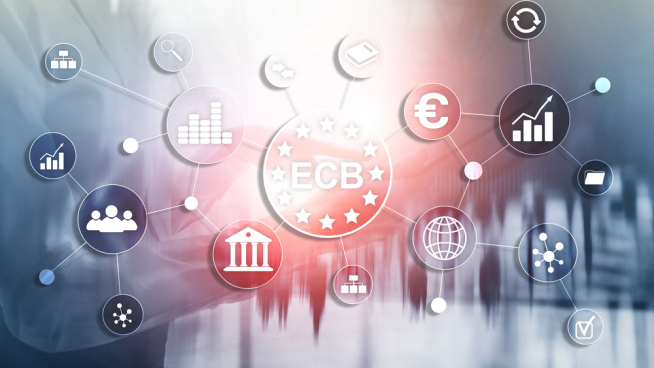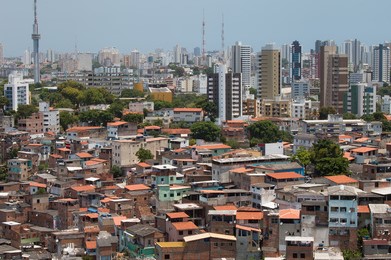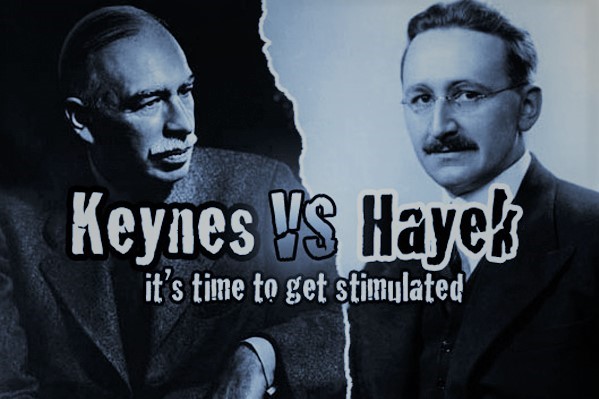Capitalism – The Economic Form of Giving
There are many forms of giving, but only one that generates general prosperity: capitalism. It does not begin with exchange, but with giving. It is not the state that creates prosperity, but the entrepreneur and businessman. The cause of mass prosperity is individuals, specific people, their actions and their ideas.


